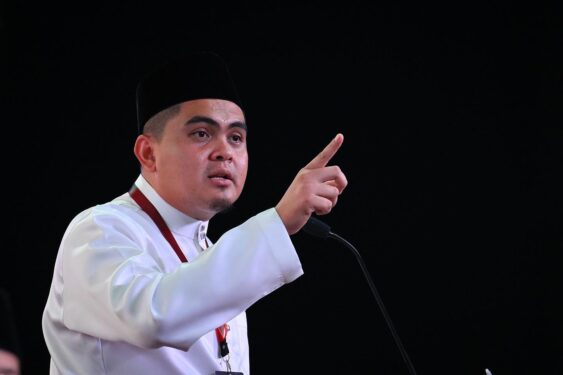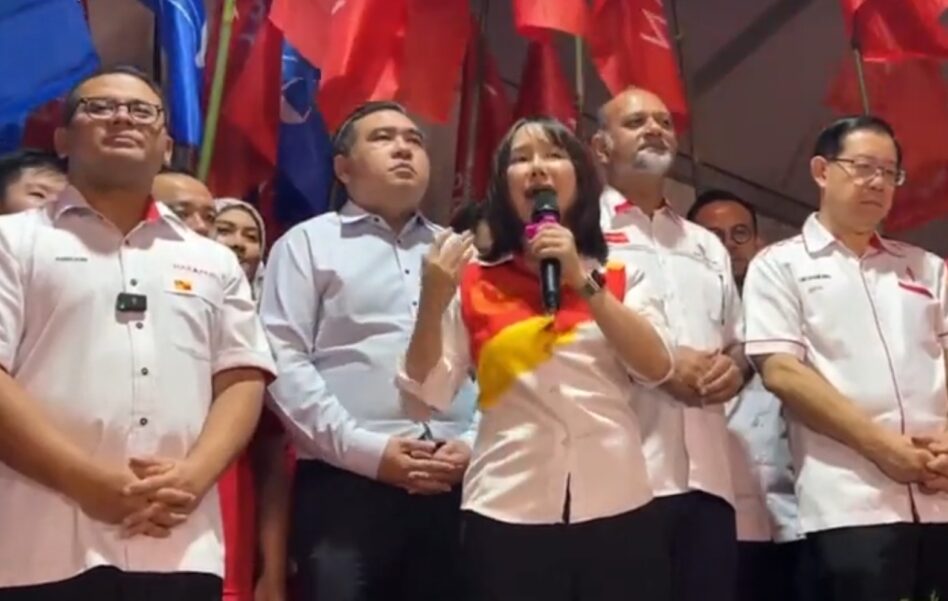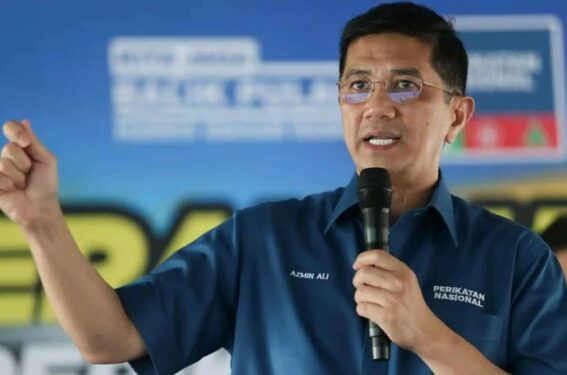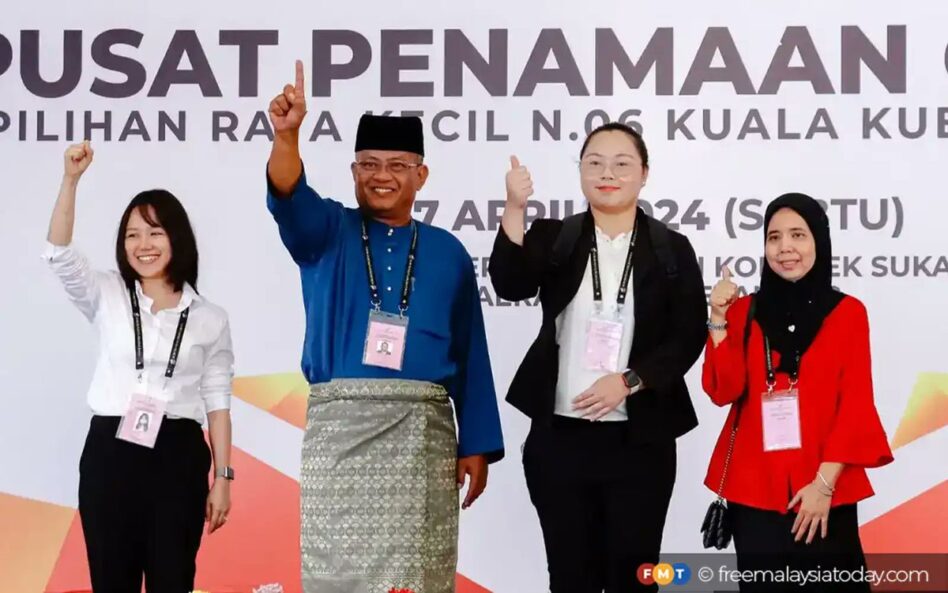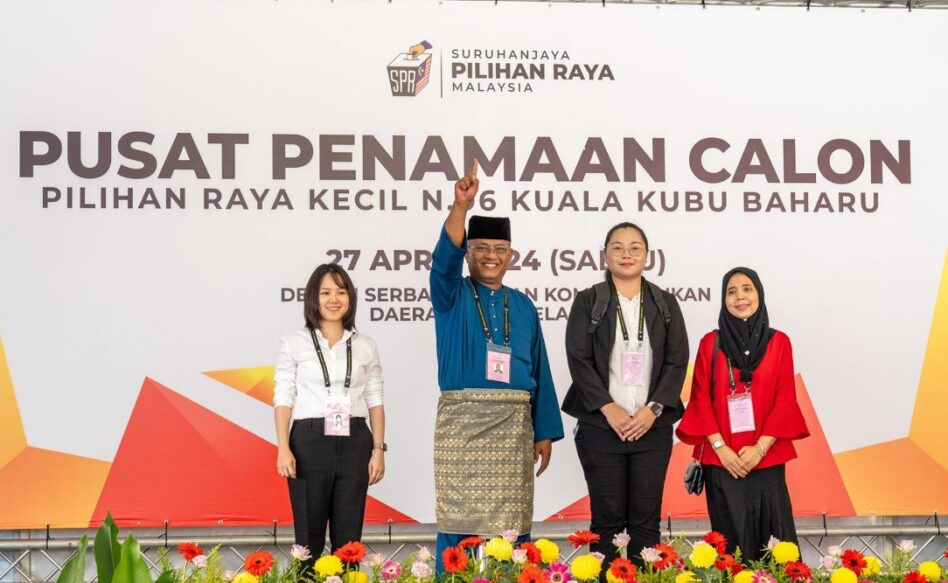IN Part 1 of my article I pointed out Speaker Tan Sri Mohamad Ariff Md Yusof rejected a motion by Semporna MP Mohd Shafie Apdal in early May last year to table a motion of confidence in Langkawi MP Tun Dr Mahathir Mohamad.
Mohd Ariff cited Article 43(2)(a) of the Federal Constitution which gives the Agong the power to appoint a Prime Minister.
Tan Sri Muhyiddin had already been appointed by the Agong on Mar 1 last year as the Prime Minister (PM).
Eventually, Opposition Leader Datuk Seri Anwar Ibrahim may ‘re-table’ the motion of no confidence first planned for Aug 2.
It was a no-go after the last day of an emergency five-day Parliamentary sitting was called off on the grounds that four virus cases were found at Parliament House.
The Speaker, by parliamentary convention in the Commonwealth, would prioritise a motion of no confidence tabled by the Opposition leader.
This is provided that it’s now being argued in the legal fraternity that an ‘alternative majority’ exists as per ‘new parliamentary procedures’, emulating Parliaments elsewhere.
Under Pakatan Harapan (PH), Anwar controls a block of 89 parliamentary seats. He needs support from Sabah, and Sarawak, to reach the magical figure of 111 seats in the present 220-seat Parliament.
The Borneo territories have 57 seats including one in Labuan. Some of them are already among the 89 seats.
There have been mixed messages from Gabungan Parti Sarawak (GPS) which holds 18 seats. Their lawmakers are listed among the 114 lawmakers invited for the interview at the Istana.
At the same time, it appears that GPS did not nominate anyone for the PM post. They want to leave the matter in the hands of the Agong. According to the coalition, only the Agong can nominate the candidate to hold the PM’s post.
GPS Chief Datuk Patinggi Abang Johari Tun Openg has been quoted by the media as saying that Anwar did not contact them for support. This implies that they did not favour him. Again, the implication may be that they can support him if he reaches out to them.
Anwar, based on media statement dating back to his entry into politics, has always had difficulties coming to terms with the Malaysia Agreement 1963 (MA63) and Borneo rights.
That led to PKR senior vice president Datuk Jeffrey Kitingan eventually quitting the party on the third attempt. Earlier, he was counselled twice against quitting.
GPS, like the parties in Sabah, are likely to harp on MA63 and Borneo rights. These are favourite political capital themes but only around election time.
At other times, Sabah and Sarawak leaders don’t mention their favourite themes. There are no complaints that the Federal Government has been non-compliant on MA63.

Sarawak faces territorial election once the six-month Emergency, extended for a further six months from Aug 2, runs out. So, MA63 and Borneo rights are ‘hot’ political potatoes between now and election time.
In Sabah, Datuk Seri Maximus Ongkili promised that he would get MA63 done within six months of Mar 1 last.
Seventeen months have since passed and there’s no sign of any progress on Borneo rights.
Muhyiddin placed him in charge after cold storaging previous deliberations under the PH Government. When push came to shove, the deliberations were classified under the Official Secrets Act (OSA).
After a hue and cry, Muhyiddin announced the ‘Council on Malaysia Agreement’.
Dr Mahathir conceded in a candid moment after the 14th General Elections (GE14) on May 10, 2018, that he never read the Malaysia Agreement. He raised eyebrows when he confessed that he doesn’t know what it’s about.
For what it’s worth, Dr Mahathir had Sabah strongman Jeffrey Kitingan incarcerated without trial in 1990 under the draconian Internal Security Act (ISA) after he began educating the people on the Federal Government’s alleged non-compliance on MA63.
Jeffrey was only released in early 1994 when the Parti Bersatu Sabah (PBS) Government called for snap elections.
Ongkili was detained at the same time but released after two months. Datuk James Ongkili, his elder brother and a former Sabah Deputy Chief Minister, intervened on his behalf with Dr Mahathir.
The most significant progress for the Borneo territories was made in the few months just before GE14.
The then PM Datuk Seri Najib Abdul Razak approved RM30 bil for the Pan Borneo Highway and agreed to devolve greater administrative powers to Sabah and Sarawak by delegation.
Dr Mahathir had allegedly canned the Pan Borneo Highway after GE14 over ‘corruption issues’ and halted the devolution process.
The Pan Borneo Highway hardly began in Sabah while in Sarawak, it’s only 70% complete, according to media statements.
Until today, it has not been made clear whether it has been abandoned as there have been funding issues. – Aug 19, 2021.
Joe Fernandez is a longtime Borneo watcher and a regular FocusM contributor.
The views expressed are solely of the author and do not necessarily reflect those of Focus Malaysia.



